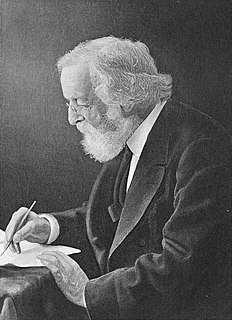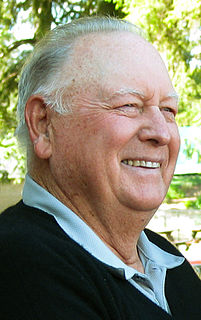A Quote by George Santayana
It is pathetic to observe how lowly the motives are that religion, even the highest, attributes to the deity... To be given the best morsel, to be remembered, to be praised, to be obeyed blindly and punctiliously - these have been thought points of honor with the gods.
Related Quotes
In the beginning, the feminine principle was seen as the fundamental cosmic force. All ancient peoples believed that the world was created by a female Deity... female deities were gradually overshadowed by or incorporated into the attributes of a number of male gods, then eclipsed by the ascendance of the single male deity that dominates the Judeo-Christian tradition.
The incipient magician will confess his faith to a universal religion. He will find out that every religion has good points as well as bad ones. He will therefore keep the best of it for himself and ignore the weak points, which does not necessarily mean that he must profess a religion, but he shall express awe to each for of worship, for each religion has its proper principle of God, whether the point in question be Christianity, Buddhism, Islam or any other kind of religion.
The truth wears longer than all the gods; for it is only in the truth's service, and for love of it, that people have overthrown the gods and at last God himself. "The truth" outlasts the downfall of the world of gods, for it is the immortal soul of this transitory world of gods; it is Deity itself.
In all modern history, interference with science in the supposed interest of religion, no matter how conscientious such interference may have been, has resulted in the direst evils both to religion and to science, and invariably; and, on the other hand, all untrammelled scientific investigation, no matter how dangerous to religion some of its stages may have seemed for the time to be, has invariably resulted in the highest good both of religion and of science.
Secular humanism does not have the essential attributes of a religion: belief in a deity, the wish for some sort of afterlife, sacred dogma or texts, or an absolutist moral creed. Instead, it expresses a philosophical and ethical point of view, and it draws upon the scientific method in formulationg its naturalistic view of the nature.







































